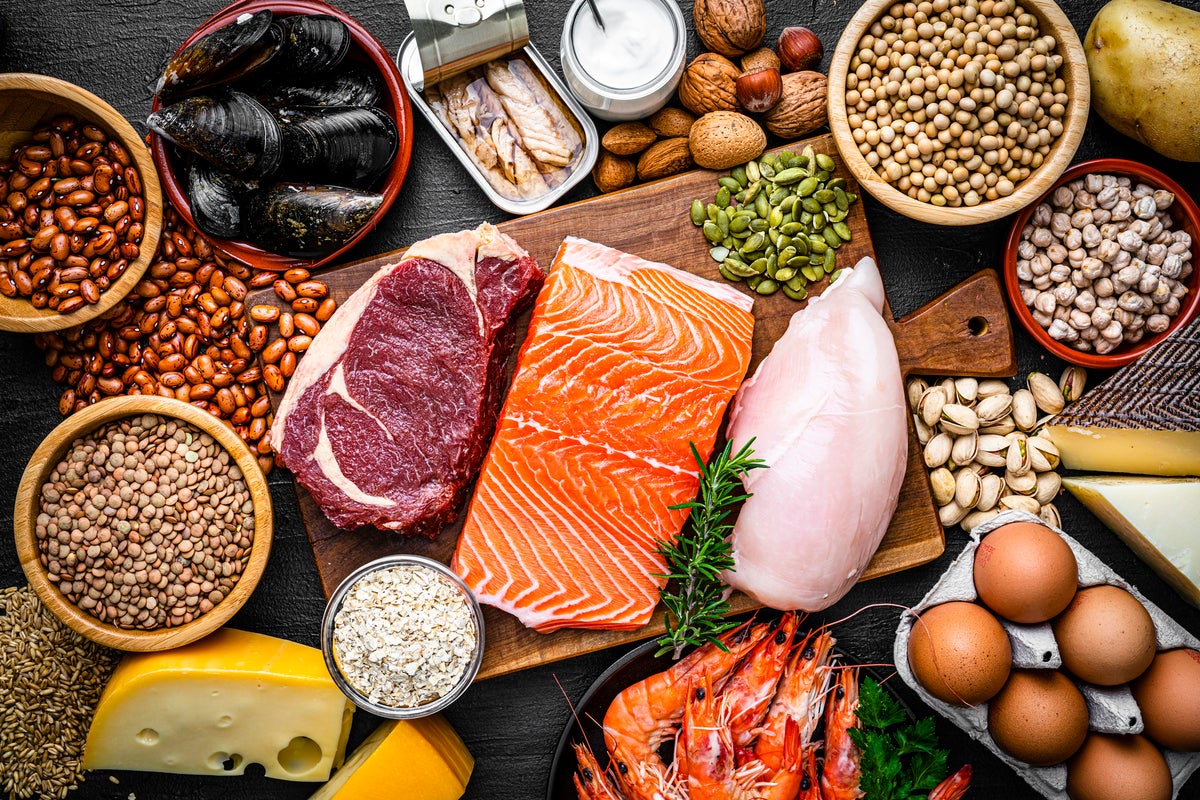T4K3.news
Study challenges daily water intake recommendations
Experts question the necessity of drinking six to eight glasses of water each day.

Recent insights challenge common beliefs about daily water intake recommendations.
Reevaluating daily hydration needs for adults
A study has raised questions about the widely accepted guideline that adults need to drink six to eight glasses of water daily. Professor Neil Turner from the University of Edinburgh argues that the human body has evolved to regulate hydration naturally. He suggests that humans should listen to their thirst rather than adhere to strict guidelines, noting that our kidneys efficiently manage water retention. On the other hand, nutritionist Dr. Linia Patel emphasizes the importance of hydration, especially for women, pointing out that dehydration can lead to various health issues. She advocates for maintaining a daily goal of 1.5 to 2 liters of water to avoid symptoms like fatigue and brain fog.
Key Takeaways
"Our bodies are set up to do things just right - we eat when we are hungry, we breathe when we need to breathe, and we drink when we are thirsty."
Prof. Neil Turner emphasizes the body's natural ability to regulate hydration without strict guidelines.
"From a women's health point of view, symptoms like fatigue and brain fog are often tied to dehydration."
Dr. Linia Patel highlights the significance of maintaining adequate hydration for women's health.
The debate surrounding hydration guidelines highlights an essential crossroads between scientific recommendations and personal bodily awareness. While Professor Turner dismisses rigid water intake norms, emphasizing individual needs, Dr. Patel's approach encourages proactive hydration as a preventative measure. This division underscores a broader trend in health discussions where personalized wellness is increasingly favored over one-size-fits-all advice. As more individuals become aware of their unique health dynamics, the traditional metrics will likely be subjected to even more scrutiny, fostering a better understanding of hydration's role in overall health.
Highlights
- Hydration should align with natural thirst, not rigid rules.
- Our bodies are designed to tell us when we need to drink.
- A daily target for hydration can prevent health issues in women.
- Being proactive about hydration is key for wellness.
Potential risks in hydration advice
Conflicting views on hydration guidelines might lead to public confusion about health management.
As studies evolve, our understanding of hydration needs may shift significantly.
Enjoyed this? Let your friends know!
Related News

Study questions daily health benchmarks

Health benchmarks may be too strict

New studies link fibre to reduced cancer risks

Study reveals why Americans gain weight despite calorie burn

Experts recommend dietary changes for midlife health

Dietary Changes Could Help Reduce Headaches

Experts promote health benefits of peaches

Doctors urge against fruit juice for weight loss
